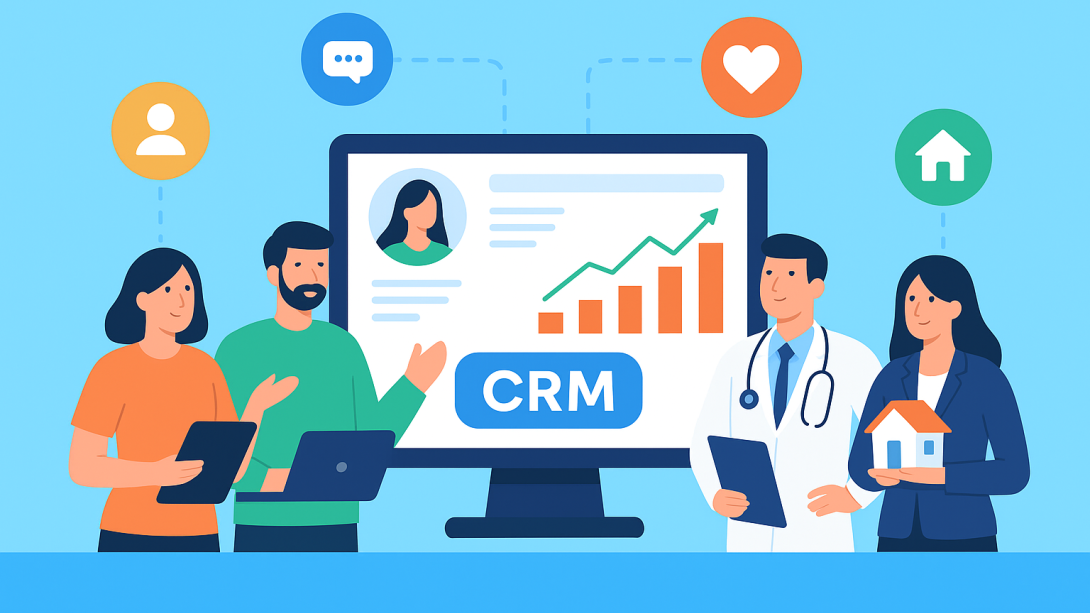How to Choose the Best CRM for My Retail Business

In the competitive world of retail, customer experience and relationship management are critical for success. A Customer Relationship Management (CRM) system can transform how retailers interact with customers, track sales, and improve marketing efforts. But with so many CRM options available, how do you choose the best one for your retail business? Here are the key factors to consider:
1. Understand Your Business Needs
Start by identifying your specific goals. Do you need to manage customer loyalty programs, track purchase histories, or automate marketing campaigns? Retailers with both online and offline operations may need omnichannel capabilities, while smaller shops might focus on ease of use and affordability.
2. Ease of Use
A CRM should make life easier, not more complicated. Choose a platform with an intuitive interface so your team can quickly adapt without extensive training.
3. Customization Options
No two retail businesses are alike. Select a CRM that allows customization of workflows, fields, and reports so it aligns with your business processes.
4. Integration Capabilities
Your CRM should connect seamlessly with other tools such as POS systems, e-commerce platforms, and marketing automation software. Integration ensures smoother operations and reduces data silos.
5. Scalability
As your business grows, your CRM should grow with you. Look for solutions that can handle increasing customer data, advanced features, and additional users.
6. Analytics and Reporting
Retailers need insights into customer behavior, sales trends, and marketing effectiveness. Choose a CRM that offers powerful reporting and analytics to guide better decision-making.
7. Mobile Accessibility
In retail, mobility is key. A CRM with mobile apps allows sales teams and store managers to access information on the go, ensuring better customer service.
8. Cost and Value
Consider your budget, but also focus on the value the CRM delivers. The cheapest option isn’t always the best if it lacks critical features for your business.
9. Vendor Support and Training
Good customer support and training resources ensure smooth adoption and long-term success with the CRM.
Recommendation: Meon CRM for Retail Businesses
For retailers looking for a balance of affordability, customization, and ease of use, Meon CRM is a strong choice. It offers lead management, customer data tracking, marketing automation, and reporting features tailored to retail needs. Its flexibility and scalability make it suitable for both small stores and growing retail chains.
Conclusion
Choosing the best CRM for your retail business depends on your unique needs, goals, and growth plans. By focusing on usability, customization, integration, and scalability, you can select a solution that enhances customer relationships and drives sales. For many retailers, Meon CRM provides the right mix of features to achieve sustainable growth.